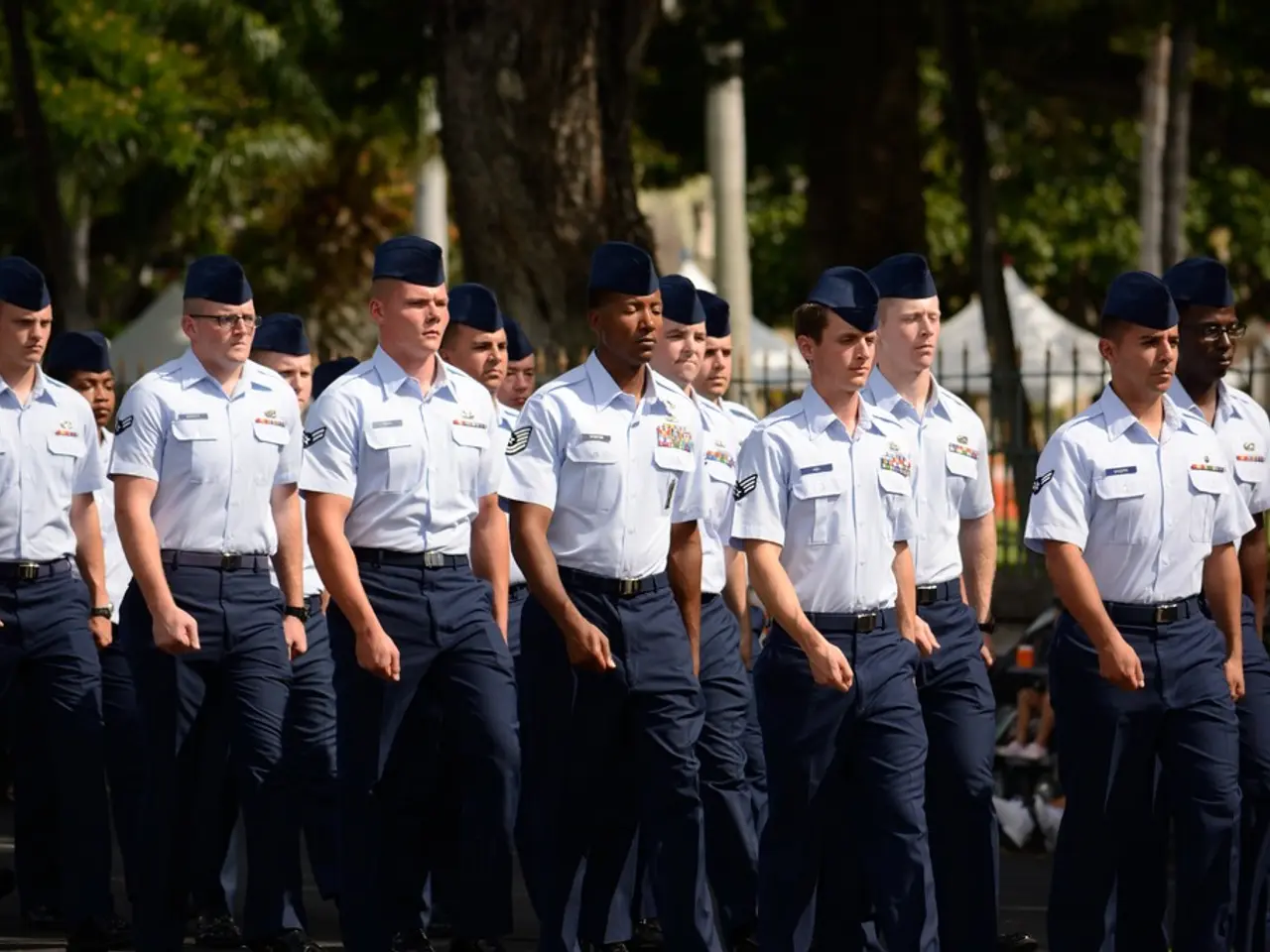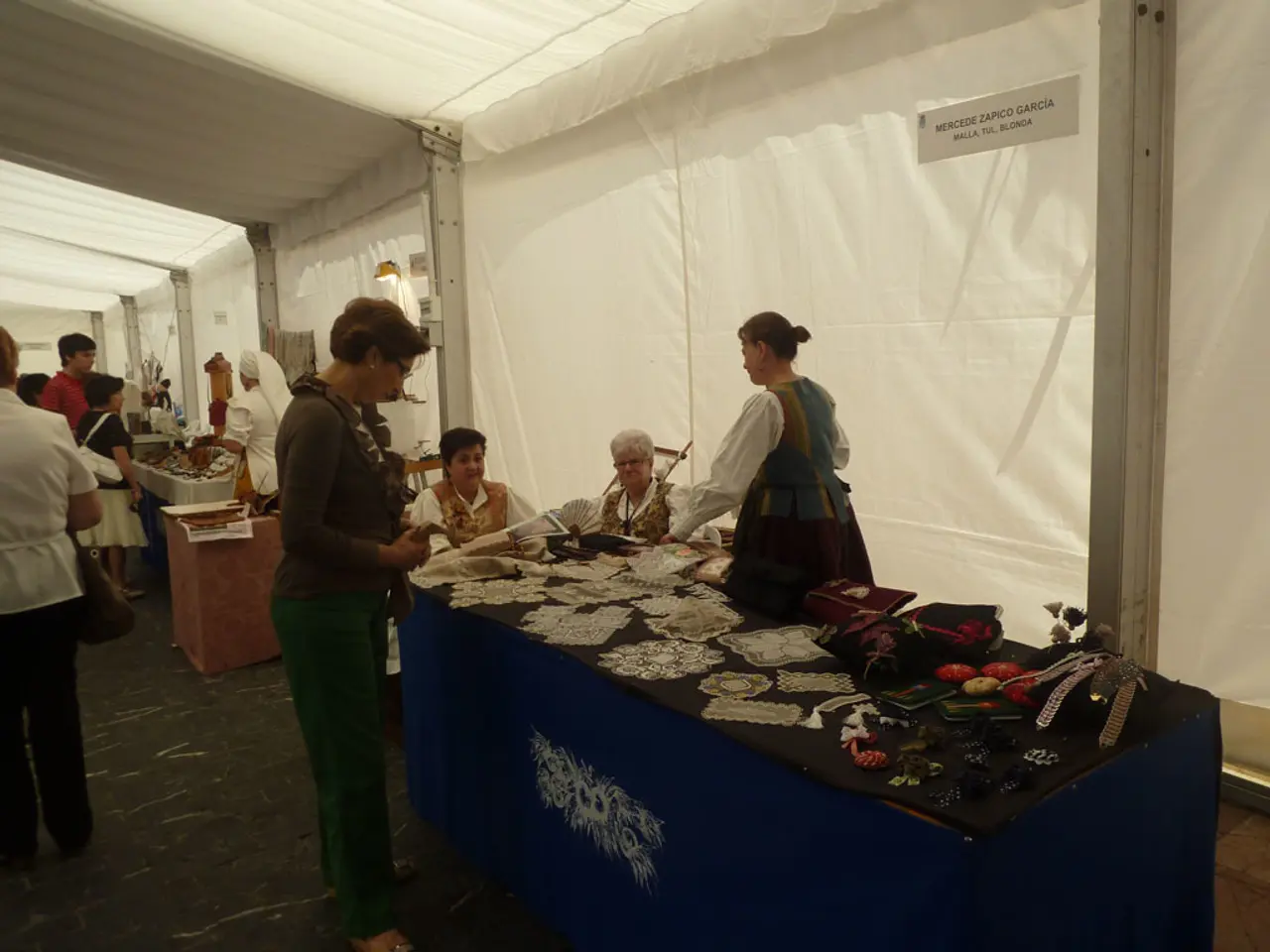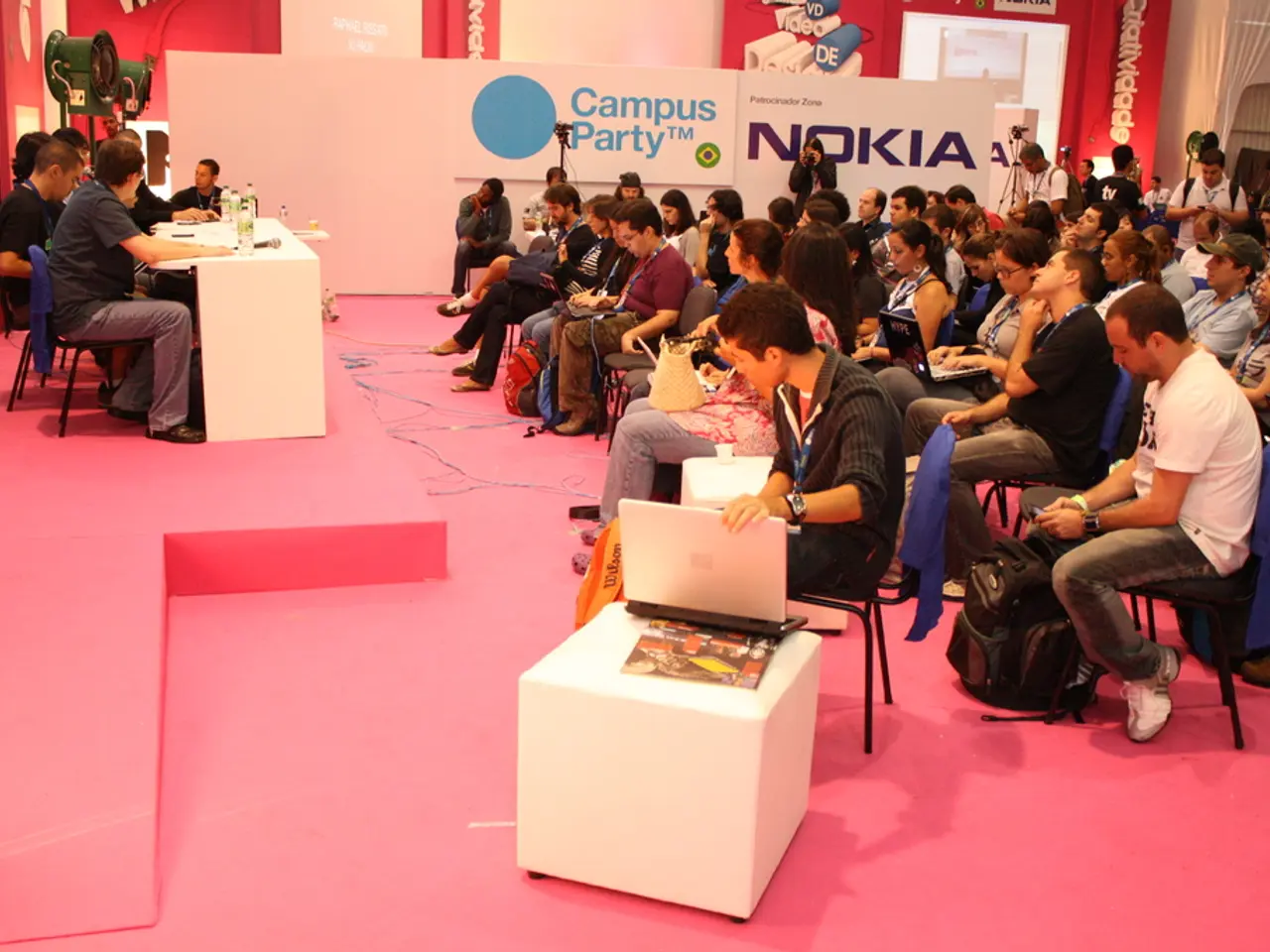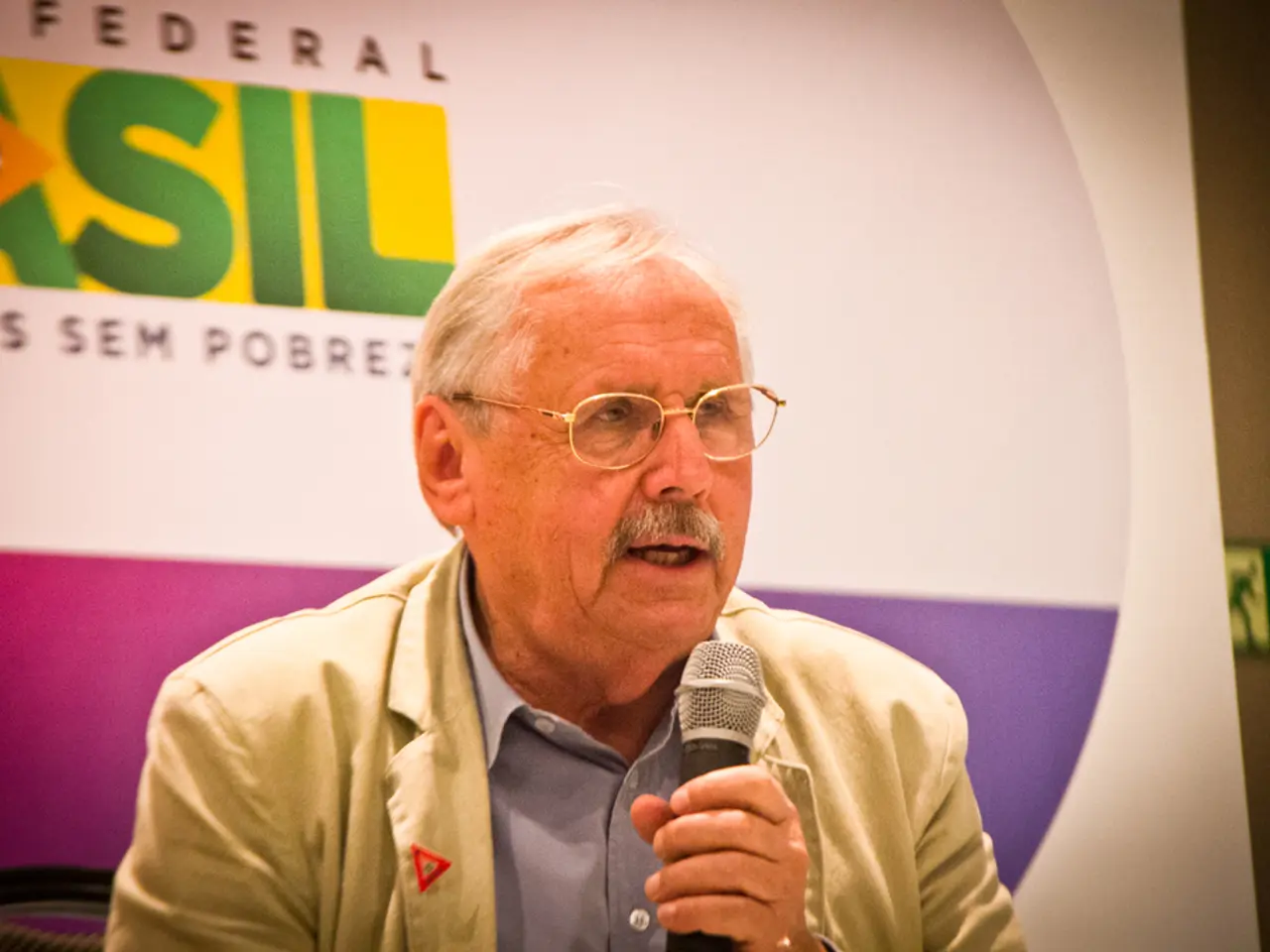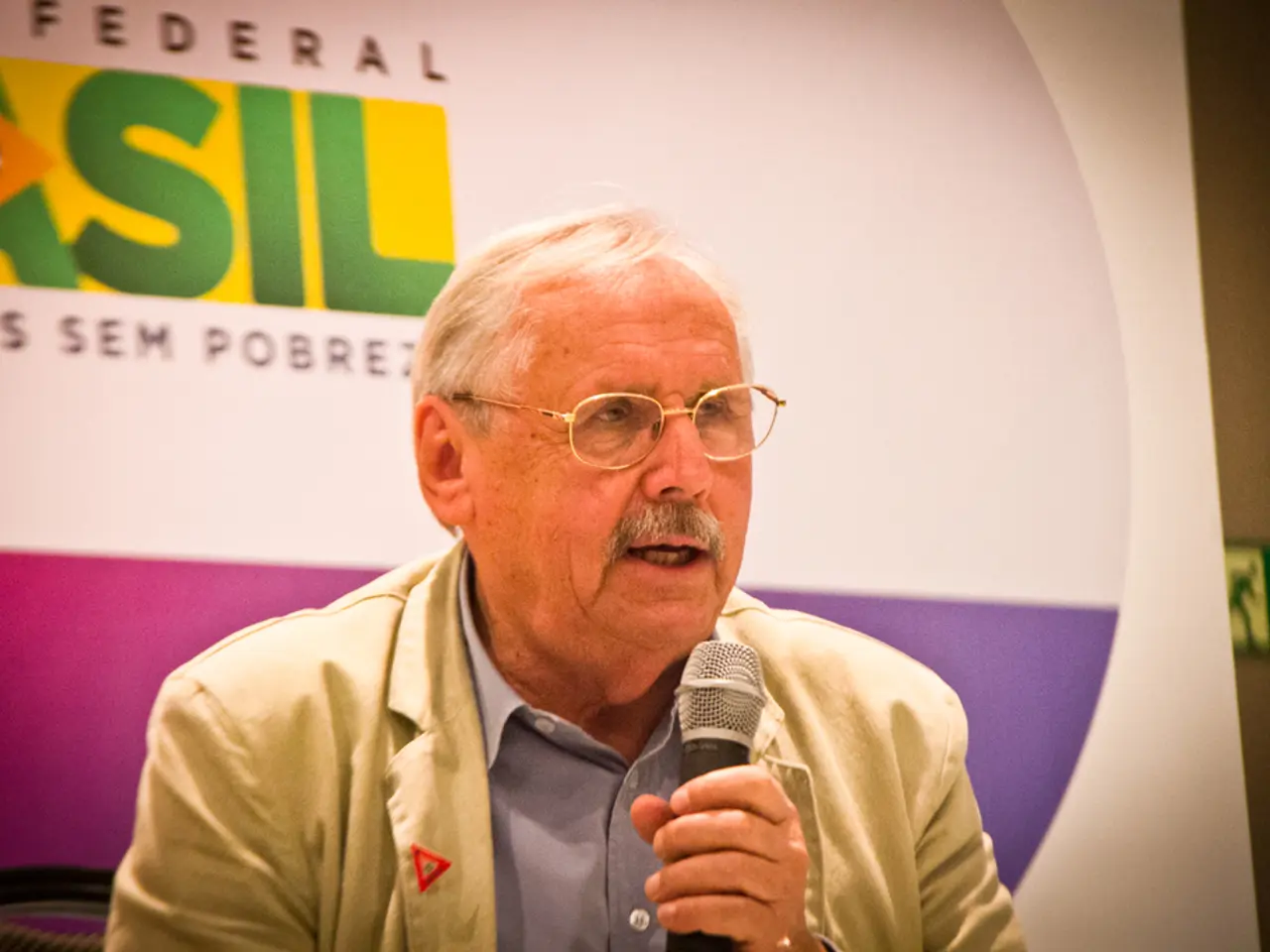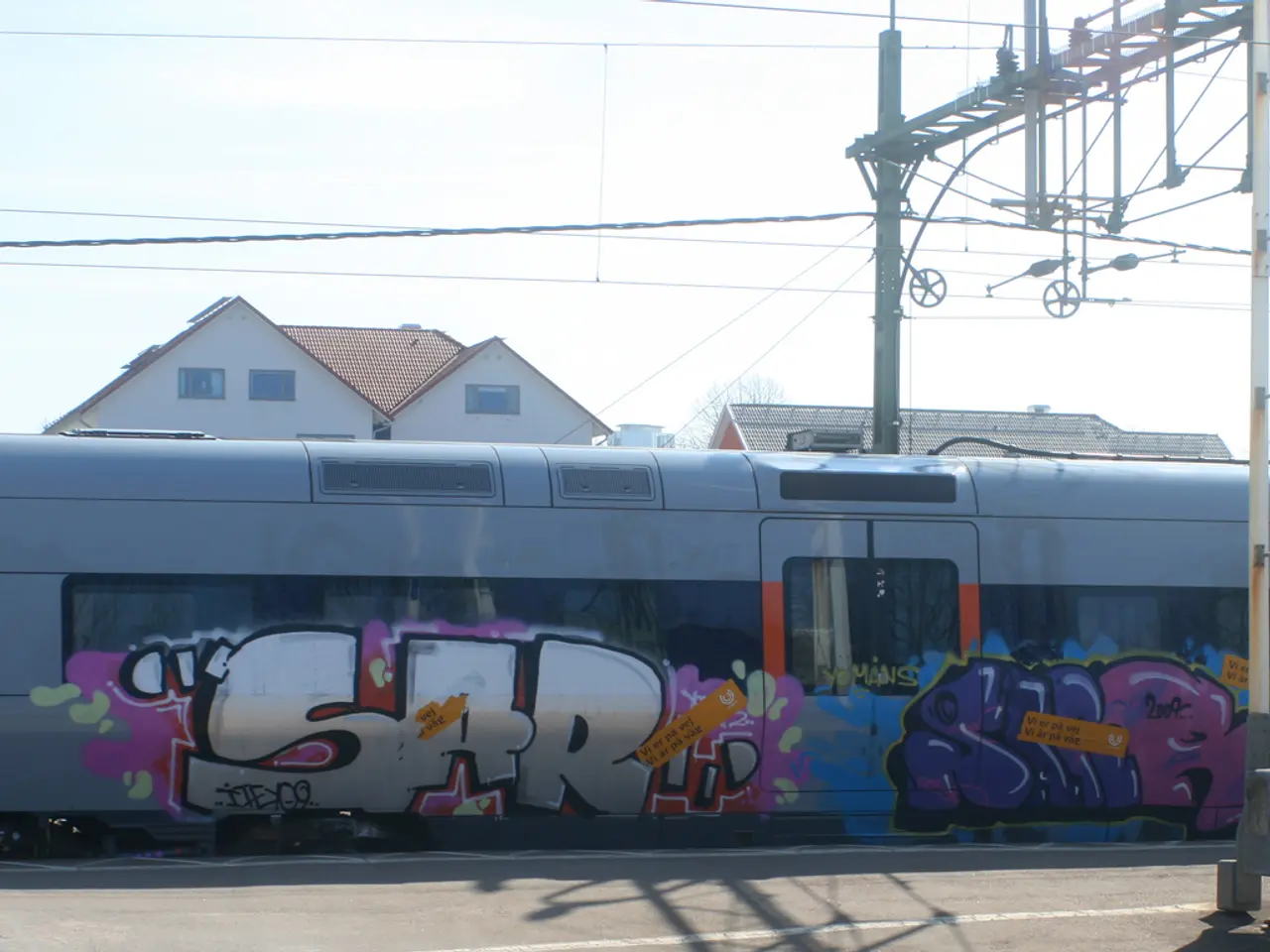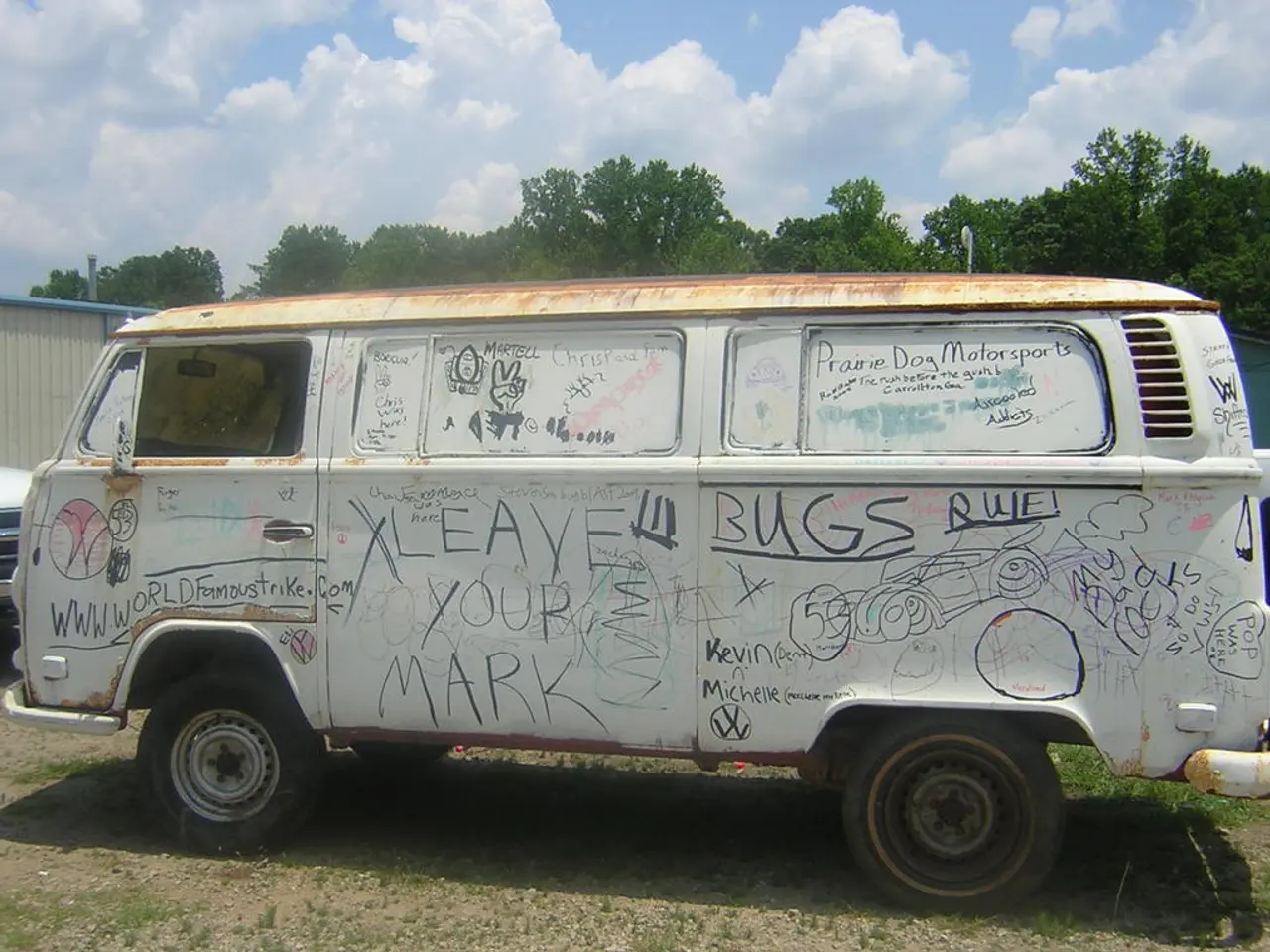Struggles and harsh conditions shatter aspirations for foreign employees, but compassionate supervisors reshape them
In recent times, Sri Lankan migrant workers in South Korea have been grappling with severe issues related to labor rights abuses, poor working conditions, and human rights violations.
A highly publicized incident that drew national outrage was the case of a Sri Lankan worker being tied up with plastic wrap and bound to bricks, then moved around a factory yard by a forklift as a form of punishment. This incident, which occurred at a brick factory in Naju, South Jeolla, caused significant psychological trauma [1][3][5].
Key challenges and issues highlighted are:
- Physical abuse and humiliating treatment: The forklift incident was a blatant human rights violation and unacceptable violence against minorities, according to South Korean President Lee Jae Myung [1][3][5].
- Poor enforcement of labor protections: Many migrant workers, especially those on E-9 visas, face discriminatory labor practices such as wage theft, excessive production targets, occupational health and safety violations, inability to change employers, restricted mobility, and intimidation [4].
- Limited access to legal recourse: Migrant workers often struggle to access justice and remedies for abuses due to visa restrictions and lack of support, leaving them vulnerable to exploitation and abuse [4].
- Government response and ongoing challenges: Following public outrage, South Korea’s government has intensified labor inspections, especially in rural workplaces with many foreign workers, set up special reporting days with interpreters and legal aid, and pledged to eliminate discrimination and abuse of migrant workers [2]. President Lee pledged stern actions, but systemic challenges persist [1][2].
- Human rights activism and awareness: Activists have brought these abuses to light via leaked videos and advocacy, urging the government for stronger protections and enforcement for migrant laborers [3][5].
Migrant workers from various countries, including Vietnam, China, Liberia, Indonesia, Malaysia, Uzbekistan, and others, were seen at different locations in South Korea. They were spotted at a factory in central Seoul, a potato field in Gangneung, Gangwon, the multicultural food street in Danwon District, Ansan, Gyeonggi, and at Incheon International Airport [6][7][8][9][10][11][12].
Despite the ongoing challenges, the South Korean government has been making efforts to improve protections and enforce labor rights for migrant workers. However, the issues faced by Sri Lankan migrant workers in South Korea remain significant, with abuse, discrimination, unsafe work environments, lack of legal protections, and challenges in seeking remedies continuing to be prevalent [1][2][3][4][5].
- The Sri Lankan government, in response to the plight of their citizens working abroad, has expressed concern over the severe labor rights abuses and human rights violations experienced by Sri Lankan migrant workers in South Korea.
- In the realm of international news and politics, the case of a Sri Lankan worker being treated inhumanely in South Korea has raised questions about the state of arts and culture, as well as the general wellbeing of the country's migrant workers.
- Efforts have been made by the South Korean government to improve education about labor rights and protect foreign workers through intensified inspections and special reporting days, but such measures may not provide enough economic stability for these migrant workers.
- Some local businesses in South Korea have been criticized for their involvement in the mistreatment of migrant workers, which could impact the overall reputation of the country's business sector on an international scale.
- Human rights activists from around the world are calling for increased support for migrant workers, including those from Sri Lanka, to help them overcome challenges in areas like education, access to legal recourse, and the prevention of discrimination and abuse in both culture and politics.
